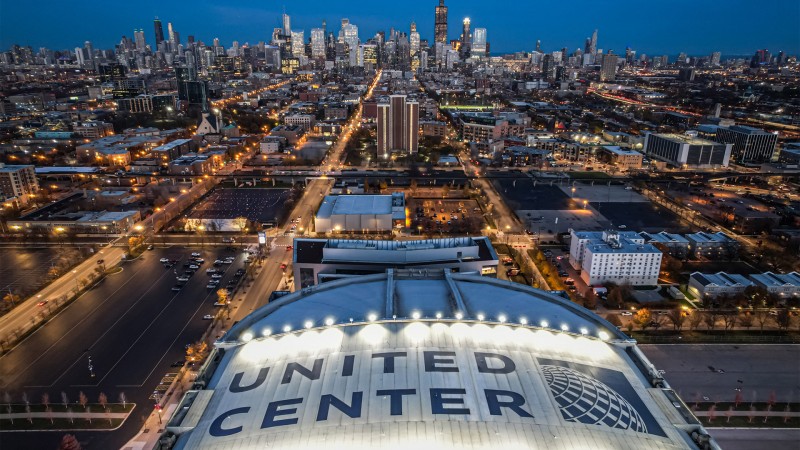Chicago Mayor Lori Lightfoot’s plan to lift the city’s ban on sports betting, and create a 2% tax on gross revenues from it, got stuck in a joint City Council committee Tuesday after unexpected opposition from aldermen including mayoral allies, during a committee hearing that ended abruptly without a final vote.
Connor Brashear, chief of staff to Chicago’s Chief Financial Officer Jennie Huang-Bennett, estimated the city’s annual take from a 2% tax on sports betting in and around Chicago stadiums at $400,000 to $500,000, Chicago Sun-Times reports. That’s based on an estimated $25 million in annual revenue from sports betting in Chicago.
“I just think $400,000-to-$500,000-a-year to the city of Chicago is really paltry—even when you add in the licensing fee that these guys are gonna have to pay. It seems like peanuts for an industry that is growing,” said Budget Committee Chairwoman Pat Dowell. “2% is not satisfactory to me.”
The ordinance would have allowed the sports betting operations at Wrigley Field, Guaranteed Rate Field, the United Center and Wintrust Arena. Alderman Greg Mitchell said he’s not opposed to authorizing sports betting in and around Chicago stadiums at some point. But Mitchell said he simply believes the city is moving “too fast” and “too early” before knowing how sports betting will impact a downtown casino.
Even if that impact is negligible, as a city gaming consultant suggested without showing Council members the actual report, Mitchell agreed with Dowell that 2% is “very little” and not a sufficient “reward for the risks we’re taking.”
Even Ald. George Cardenas, Lightfoot’s deputy floor leader, complained 2% was “not enough” and the city was “rushing” a sports betting ordinance with no minority participation — one that threatens to undermine the casino revenue needed to shore up police and fire pensions. “We’re missing this whole picture on the casino. We already have the permission to build it. We have only a selection process to have and just get going on the casino, which is going to be, really, the best asset for the city in a long time,” Cardenas said. “I don’t need to disrupt that. We have not moved on video gaming because of the same reasons. Because it would affect the casino and take away potential revenue from that.”
Downtown Ald. Brendan Reilly (42nd) asked whether any of his colleagues had seen the city consultant’s study claiming sports betting would have just a 1% impact on casino revenues. When nobody answered yes, License Committee Chairman Emma Mitts (37th) halted the proceedings and recessed at the call of the chair.
Earlier this week, Lightfoot renewed her longstanding claim that sports betting would not “cannibalize” revenue from a Chicago casino. She defended the 2% tax as sufficient to cover city “regulatory” and infrastructure costs and said: “We’re in good shape to move this forward. And I look forward to making sure that we get our fair share of the revenues from this.”
Before the abrupt adjournment, John Dunn, who had been director of intergovernmental affairs under Mayor Richard M. Daley and now lobbies for Rivers Casino in Des Plaines, reiterated the arguments made by his client, casino magnate Neil Bluhm, the main lobbyist against legalizing sports betting. For every $1 Chicago derives from slapping a 2% tax on gross revenues from sports betting, the city will lose up to $4 in casino revenue.



